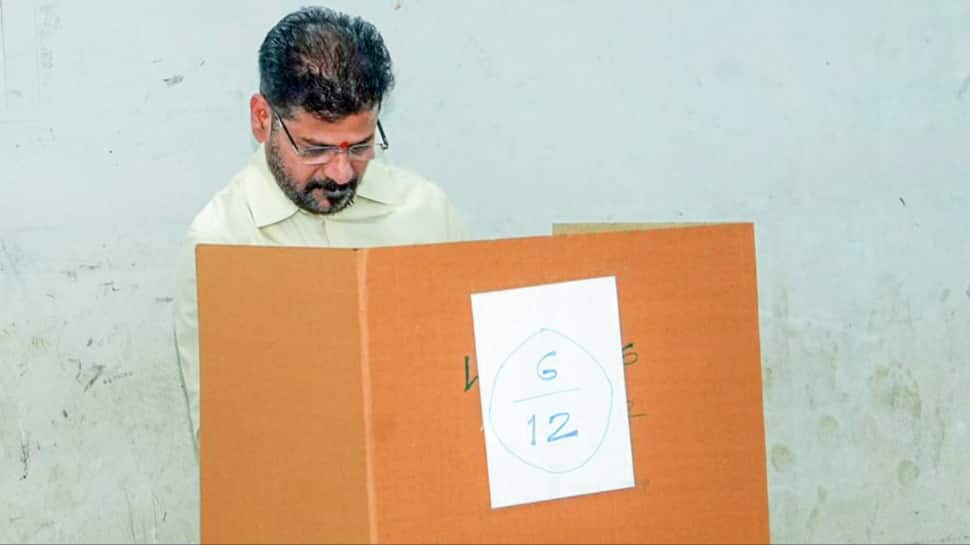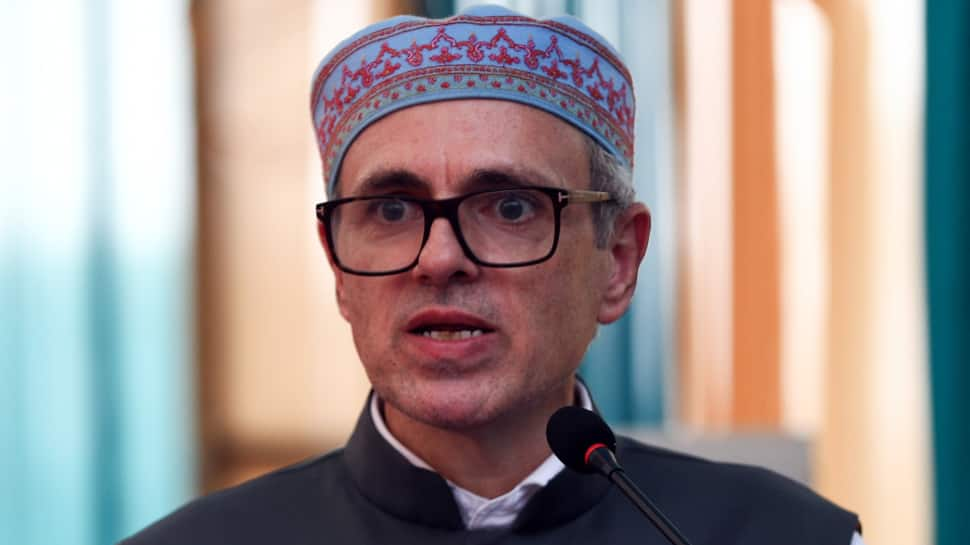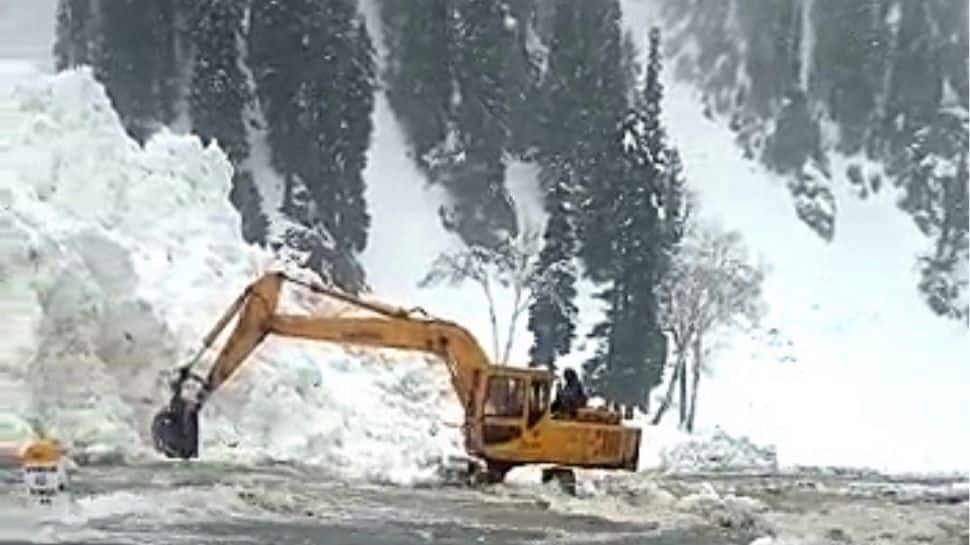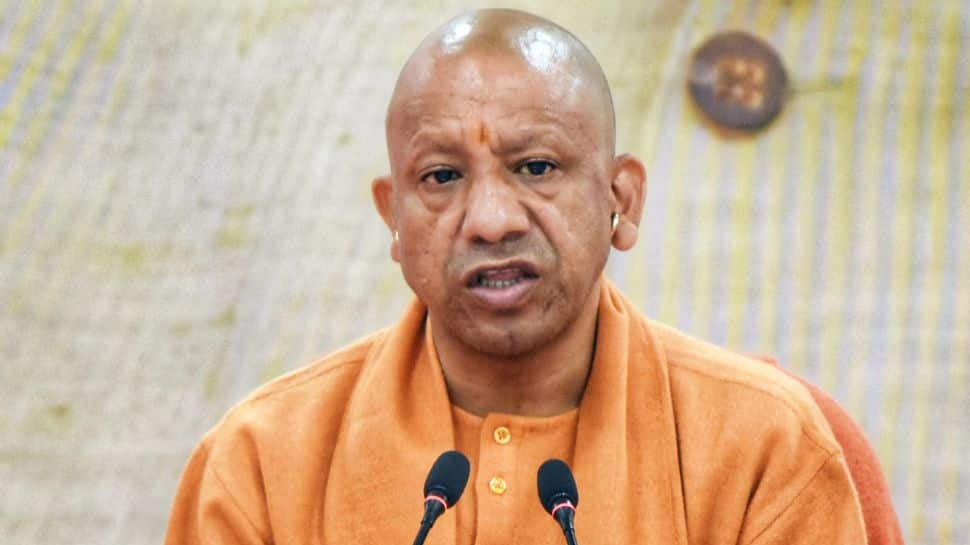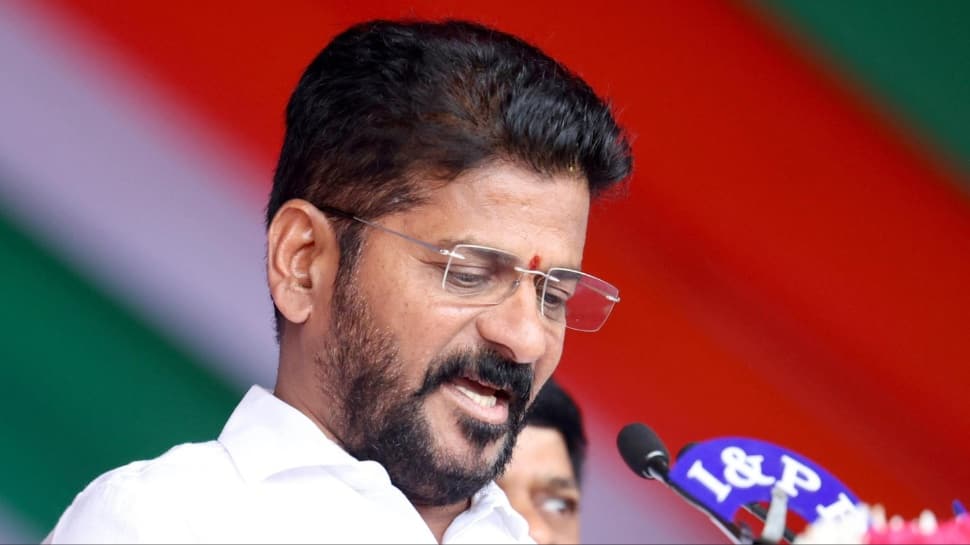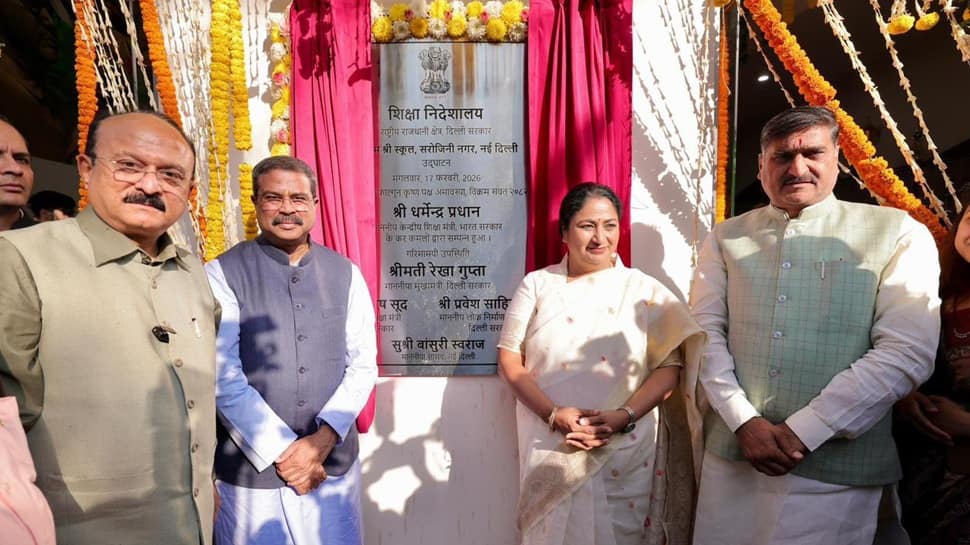
Delhi CM Rekha Gupta inaugurates CM Shri School, says Government schools to become first choice of parents
NEW DELHI: Union Education Minister Dharmendra Pradhan and Delhi Chief Minister Rekha Gupta on Tuesday inaugurated the CM Shri School at Sarojini Nagar. The foundation stones for 75 CM Shri School projects across the Capital were also laid. This initiative of the Delhi Government has been launched in accordance with the National Education Policy to provide modern, technology-integrated and improved education.
On the occasion, Union Education Minister Dharmendra Pradhan congratulated the Chief Minister and the Education Minister, stating that within a year the government has made commendable progress towards fulfilling its commitments in the field of education. Chief Minister Rekha Gupta said that CM Shri Schools are not merely new buildings, but an initiative to make Delhi’s children globally competitive.
Education Minister Ashish Sood, public representatives, senior officials of the Education Department, teachers, parents and a large number of students were present at the event. The Union Education Minister described the establishment of 75 CM Shri Schools as a significant achievement and said that by developing them as institutions of high standards, the Delhi Government has set an example. These schools will provide children from economically weaker, lower and middle-income families with modern facilities and technologically advanced education comparable to private schools.
Key Features of CM Shri Schools:
* AI-based smart classrooms
* Competitive examination preparation portal
* Multi-sectoral skill labs
* ICT labs
* Digitised libraries
* Career labs
* Multilingual education and foreign language learning facilities
* Industry-linked internships during schooling
* Play- and activity-based learning for young children
* Over 7,000 smart interactive boards
The Union Education Minister noted that hundreds of thousands of students are pursuing education in Delhi and that it is the government’s responsibility to effectively implement the National Education Policy. He expressed confidence that under the leadership of Prime Minister Narendra Modi, the Delhi Government is playing an active role in advancing school education, higher education and research-oriented learning in the country.
Chief Minister Rekha Gupta said that CM Shri Schools are not merely about infrastructure, but represent a commitment to making Delhi’s children globally competitive. These schools are being developed as ‘Centres of Excellence’, integrating modern technology, skill education, career guidance and holistic personality development. The government’s aim is to create an education system that prepares children not only for examinations, but for life.
The Chief Minister informed that AI-enabled smart classrooms are being established in these schools, equipped with interactive panels, digital learning content and modern learning tools. This will enable personalised learning according to each student’s ability. A dedicated portal has also been developed for preparation for competitive examinations such as JEE, NEET, CUET, CLAT and NDA, featuring regular online tests and progress tracking.
Rekha Gupta further stated that multi-sectoral skill labs will introduce students at an early stage to subjects such as robotics, artificial intelligence, design and mechatronics, helping them secure employment or start their own ventures in the future. ICT labs will provide training in digital literacy, coding and computational thinking. Digitised libraries will offer e-books, research material and resources for competitive examinations.
She added that career labs will assess students’ interests and aptitudes, providing appropriate guidance for higher studies, skill development and employment. ‘Science of Living’ spaces will focus on mental well-being, moral education and personality development to ensure students grow with confidence and strong values. Special language labs are being established to promote multilingual education and foreign languages, enabling better opportunities for international education and careers. For the first time, mandatory internships in collaboration with industry are being introduced in government schools to provide practical work experience during schooling.
The Chief Minister stated that such an education model has not been implemented in this manner in any other state. With the integration of AI and technology-driven learning, multilingual education and structured industry engagement through internships, the schools aim not only to secure high board examination results but also to facilitate admissions into IITs, medical colleges and foreign universities, create quality employment opportunities and encourage entrepreneurship. She congratulated teachers, parents and the Education Department team, describing the initiative as a strong foundation for a developed Delhi and expressing confidence that CM Shri Schools will set a new benchmark for the nation’s education system.
On the occasion, Delhi Education Minister Ashish Sood said that at a time when the Global AI Impact Summit is being held internationally, Delhi is simultaneously launching a modern AI-driven education system, demonstrating its commitment to advancing education through technology. He stated that before the completion of one year of the government, 7,000 classrooms will be converted into AI-enabled smart classrooms.
He added that the previous government had not left behind a single fully functional ICT lab. Under the leadership of the Chief Minister, 175 new ICT labs equipped with 7,000 computers are now being launched. Additionally, more than 100 digital libraries and over 175 language labs are being dedicated to the public.
The Education Minister noted that the education model discussed over the past 11 years comprised only 700 smart boards, installed under CSR initiatives, and facilities were limited to select areas such as Rouse Avenue and Patparganj. Now, from Rohini to Dera Mandi and from Hiran Kudna to the farthest parts of Yamunapar, digital and technology-enabled education is being delivered uniformly across Delhi. Equal opportunities are now being extended to students across the entire city. He stated that all 7,000 smart classrooms will be fully operational before 31 March, marking a major milestone in Delhi’s educational history.
